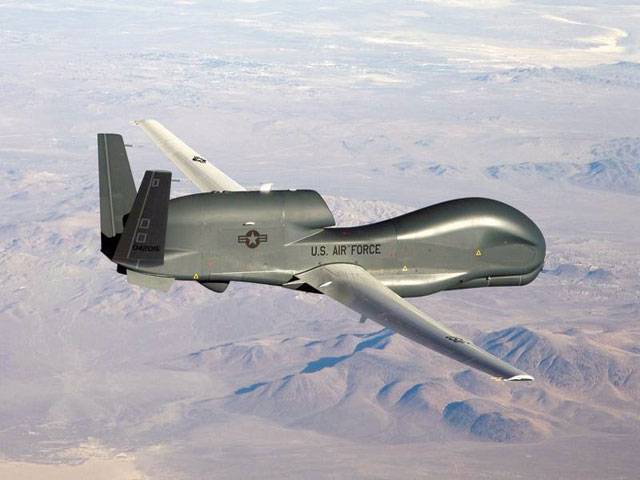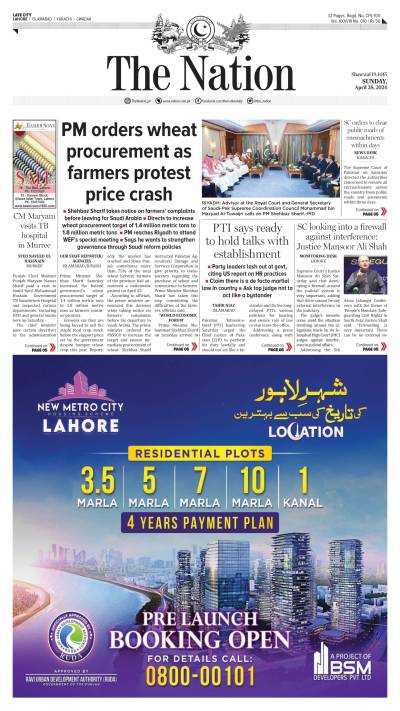The United States’ use of unmanned aircraft vehicles (UAV) for carrying out targeted killings might lead to increasing instability in the world, and result in other countries imitating the practice, according to a report by a bipartisan panel that includes several former senior intelligence and military officials.
The study, issued on Thursday, calls on the Obama administration to come up with a cost-benefit analysis of drone strikes. It also urges more transparency on the targeted killings and warns the US might soon be not alone in carrying them out.
“We are concerned that the Obama administration’s heavy reliance on targeted killings as a pillar of US counterterrorism strategy rests on questionable assumptions, and risks increasing instability and escalating conflicts,” the report reads.
Caitlin Hayden, a White House spokeswoman, said, “I’m not in a position to comment on a report that hasn’t been released yet, but we look forward to reviewing it.”
“The administration is exploring ways we can provide more information about the United States’ use of force in counterterrorism operations outside areas of active hostilities, including information that provides the American people with a better understanding of US assessments of civilian casualties,” she said, adding that the United States needs to preserve “the ability to continue those operations.”
The report was compiled by a bipartisan 10-member task force, created by the Stimson Center think tank and consists of former high-ranking officials working in intelligence and counter-terrorism.
The task force has warned that the current US drone policy might lead to “uncontrolled proliferation of UAV technologies.”
“US practices set a dangerous precedent that may be seized upon by other states - not all of which are likely to behave as scrupulously as US officials,” the study says, calling on the development of international norms for the use of lethal drones.
While the former US officials say they understand the secrecy, which surrounds decision-making when it comes to drone attacks, they still urge for more transparency over this type of operation.
“While secrecy may be required before and during each strike, strikes should generally be acknowledged by the United States after the fact,” the panel says.
The report also warns of a blowback the practice might result in. “Civilian casualties, even if relatively few, can anger whole communities, increase anti-US sentiment and become a potent recruiting tool for terrorist organizations.”
The study calls on the Obama administration to create “a non-partisan independent commission to review lethal UAV policy,” and urges it to transfer responsibility for carrying out drone strikes from the more secretive CIA to the more transparent military.
President Barack Obama has recently promised more transparency concerning the country’s drone program. “But, when we cannot explain our efforts clearly and publicly, we face terrorist propaganda and international suspicion; we erode legitimacy with our partners and our people; and we reduce accountability in our own government,” he said in a speech at the US Military Academy on May 28.
The US has long been criticized for its lethal drone policy by various human rights groups.
A late May study by the Bureau of Investigative Journalism said two thirds of all US drone strikes in Pakistan over the past decade targeted domestic buildings.
In March, a UN human rights rapporteur called for a public explanation of 30 US drone attacks, which allegedly resulted in civilian casualties.
AFP adds: America’s reliance on secretive drone missile strikes against terror suspects has set a “dangerous precedent” that could be imitated by other countries and trigger wider wars around the world, former senior US officials said in the report.
The ex-officials acknowledged that the robotic aircraft are a useful tool that is “here to stay,” but urged President Barack Obama to lift the veil of secrecy that surrounds their use, introduce stricter rules for the strikes and take a hard look at whether the bombing raids were genuinely effective.
The employment of drones for attacks outside of traditional battlefields “is likely to be imitated by other states as well,” fuelling instability and increasing “the risk of widening conflicts in regions around the globe,” it said.
“US practices set a dangerous precedent that may be seized upon by other states - not all of which are likely to behave as scrupulously as US officials,” it said.
In the eyes of the rest of the world, the United States has essentially claimed the legal right to kill anyone it believes is a member of the Al-Qaeda network or its allies “in any state on earth, at any time, based on secret criteria and secret evidence,” the report said.
The pervasive secrecy made it difficult for lawmakers in Congress to serve as a check on executive power and threatened to undermine traditional legal principles that underpin international law, it said.
The number of strikes in Pakistan and Yemen have decreased since 2010, according to unofficial tallies based on media reports, but the level of secrecy has changed little.
But the US president has faced criticism that he has failed to live up to his own pledges on drones to “uphold standards that reflect our values.”
“While secrecy may be required before and during each strike, strikes should generally be acknowledged by the United States after the fact,” it said.
To ensure more accountability for a campaign largely conducted behind closed doors, the report urged Obama to create “a non-partisan independent commission to review lethal UAV policy.”
The authors questioned the overall efficacy of the drone strikes, saying it was not clear that the government had ever conducted a thorough analysis of the strategic advantages and disadvantages of using the robotic aircraft for counter-terrorism efforts.
It was time for the administration to conduct a “rigorous strategic review and cost-benefit analysis” of the drone raids, looking at the effect of past strikes on terror groups, local communities, public opinion and the cooperation of allies and partners, it said.
The ten-member task force that examined the controversial drone attacks included former senior intelligence and legal officials and was led by retired four-star general John Abizaid, who served as head of US Central Command, and Rosa Brooks, a former legal adviser at the Pentagon who is now a law professor at Georgetown University.
Human rights groups have long denounced the drone strikes in Pakistan and elsewhere as an unaccountable air war that operates virtually without scrutiny from Congress or the courts.
But the Stimson report was unusual as several of the authors were former high-ranking officials working in intelligence and counter-terrorism, including former legal advisers at the CIA, the State Department and the White House’s National Security Council.
Monday, April 29, 2024
US drone strikes ‘slippery slope to wider wars’

Caption: US drone strikes ‘slippery slope to wider wars’
Lesco detects 75,276 power pilferers in 222 days
7:48 PM | April 28, 2024
PM Shehbaz calls for global health equity, climate resilience at WEF
7:47 PM | April 28, 2024
Foreign Minister Ishaq Dar appointed Pakistan's deputy prime minister
7:46 PM | April 28, 2024
Ashrafi vows to provide best facilities to Hajj pilgrims
7:45 PM | April 28, 2024
Security forces kill two terrorists in DI Khan
7:44 PM | April 28, 2024
Eyes On the PM
April 28, 2024
Track & Trace
April 28, 2024
Solar Siege
April 28, 2024
Political Tightropes
April 27, 2024
Wave of Revolution
April 27, 2024
Border security
April 28, 2024
Cinema – a Catalyst for Change
April 28, 2024
Korangi’s challenge
April 27, 2024
US double standard
April 27, 2024
Political turmoil
April 27, 2024
ePaper - Nawaiwaqt
Advertisement
Nawaiwaqt Group | Copyright © 2024





